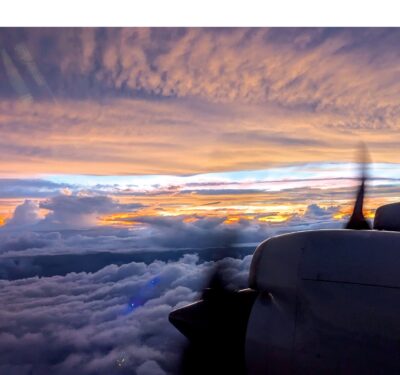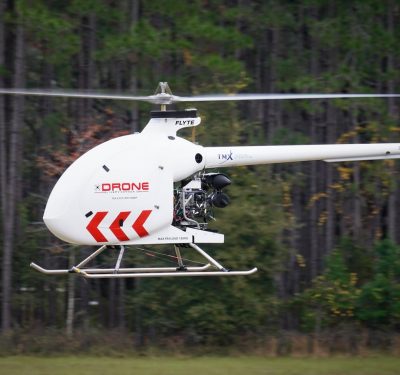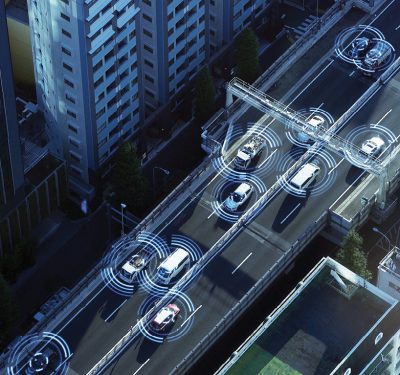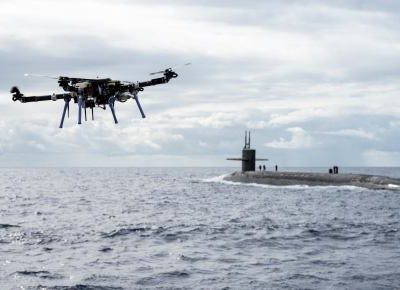
For those who live in rural communities with poor or non-existent roads, it’s difficult to get the health care and medical supplies they need. With the help of unmanned aircraft systems (UAS) and the researchers behind them, that could be changing.
Vayu Inc. and Stony Brook University are among those looking for a way to improve health care delivery to the underserved, and with support from the Madagascar government and backing from the United States Agency for International Development (USAID), they recently completed the first ever series of long-range, fully autonomous drone flights with blood and stool sample, according to a press release.
Vayu’s drone flew the samples from villages in rural Madagascar to Stony Brook University’s Centre ValBio research station in southeastern Madagascar for further testing. The UAS has the ability to take off and land like a helicopter and fly long distances, making these types of deliveries possible.
“The flights to and from villages in the Ifanadiana district [of Madagascar] ushers in a new era in bringing health care to people living in really remote settings,” said Dr. Peter Small, the Founding Director of Stony Brook’s Global Health Institute, according to the release. “This would not have been possible without the support of the government and people of Madagascar. In this context drones will find innumerable uses such as accelerating the diagnosis of tuberculosis and ensuring the delivery of vaccines.”
Diagnosing diseases common in developing countries can only be done in a lab, according to the release, and blood and stool samples must be transported quickly to make these diagnoses. Lack of roads leading to communities make this difficult, which is why the faculty and students from Stony Brook University Medical Center looked to drones to find a solution. They partnered with Vayu, a startup founded to develop medical delivery drones to transport blood, stool and tissue samples to the Centre ValBio research station for quick evaluation and diagnosis, according to release.
“Vayu’s accomplishment is as significant for the field of public health in developing countries, where limited access hinders health care, as it is for the future of autonomous unmanned vehicles,” said Vayu CEO Daniel Pepper, a former international journalist and medical student-turned-founder of Vayu, according to the release.






